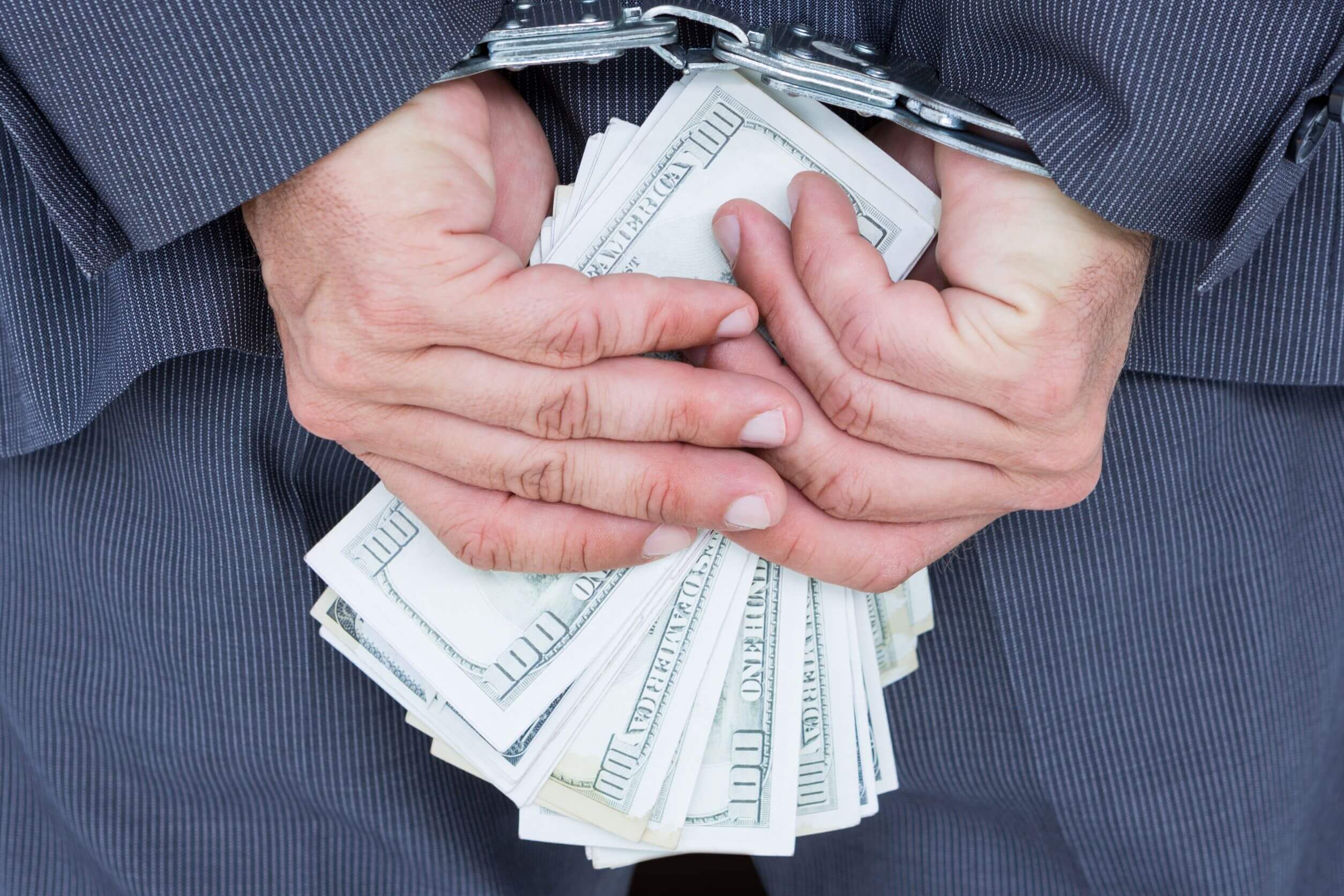On June 26, 2024, the United States Supreme Court decided the case of Snyder v. United States. The principal issue concerned the distinction between bribes and gratuities regarding federal law as it pertains to local and state officials.
Justice Kavanaugh wrote for the 6-3 majority of the Court in relevant part: Federal and state law distinguish between two kinds of payments to public officials—bribes and gratuities. Bribes are typically payments made or agreed to before an official act to influence the public official with respect to that future official act. Gratuities are typically payments made to a public official after an official act as a reward or token of appreciation. While American law generally treats bribes as inherently corrupt and unlawful, the law’s treatment of gratuities is more nuanced. Some gratuities might be innocuous, and others may raise ethical and appearance concerns. Federal, state, and local governments have drawn different lines on which gratuities and gifts are acceptable and which are not. For example, Congress has established comprehensive prohibitions on both bribes and gratuities to federal officials. If a federal official accepts a bribe for an official act, federal bribery law provides for a 15-year maximum prison sentence. See 18 U. S. C. §201(b). By contrast, if a federal official accepts a prohibited gratuity, federal gratuities law sets a 2-year maximum prison sentence. See §201(c).
In 1984, Congress passed and President Reagan signed a law now codified at 18 U. S. C. §666 that, as relevant here, extended the gratuities prohibition in §201(c) to most state and local officials. Congress reversed course after two years and amended §666 to avoid the law’s “possible application to acceptable commercial and business practices.” H. R. Rep. No. 99–797, p. 30 (1986). As amended, the text of §666 now closely resembles the bribery provision for federal officials, §201(b), and makes it a crime for most state and local officials to “corruptly” solicit, accept, or agree to accept “anything of value” “intending to be influenced or rewarded in connection with” any official business or transaction worth $5,000 or more. §§666(a)(1)(B), (b). That crime carries a 10-year maximum prison sentence. §666(a).
The distinction between bribes and gratuities seems meaningless if there is a well-established tradition of certain parties giving gratuities after they benefit from official action. The only practical distinction between the two would appear to be the timing of the bribe.

